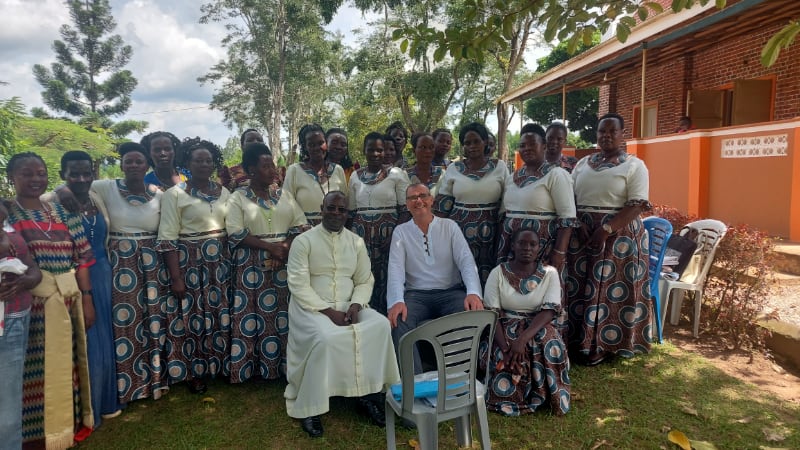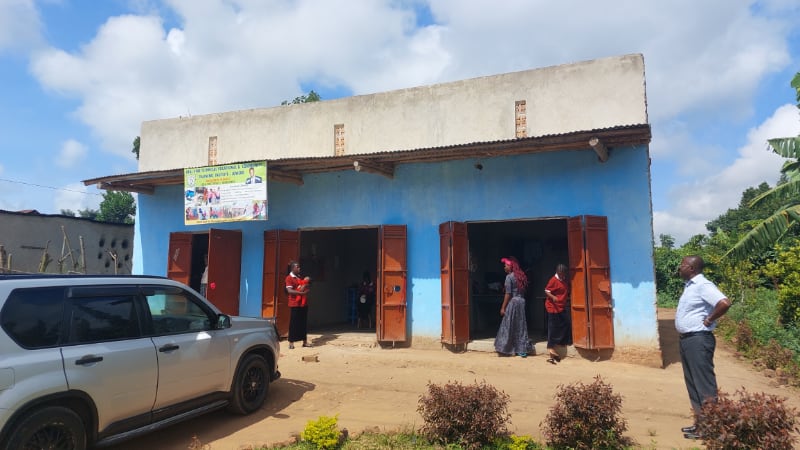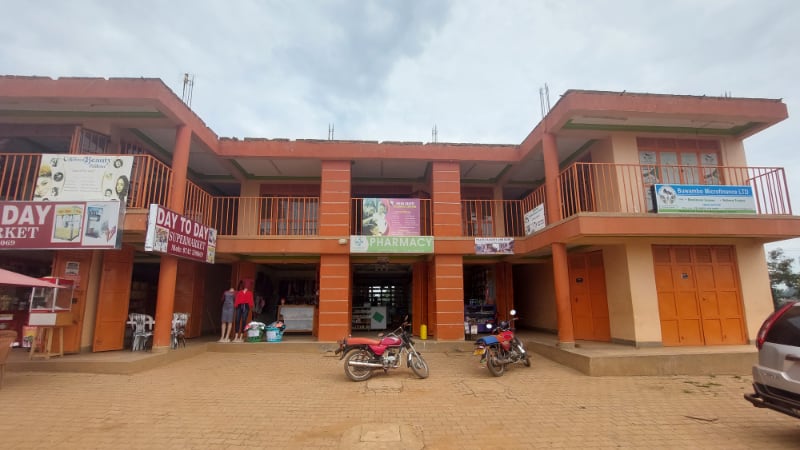Initiatives
This project is both short-term and long-term. Depending on the amount of donations, we want to improve the situation of the poor people in Uganda step by step.
Core elements are vocational and educational training, the development of own business, the support of the infrastructure and the strengthening of the community.
CURRENT SITUATION ON THE GROUND IN KIJAGUZO
School attendance is not affordable for all:
The families usually have many children, and at the same time the parents can afford school fees for a maximum of 2 pupils. In order for all children to at least learn to read and write, the older children or young people then have to leave school.
Clothing and body care as a professional opportunity:
The people in Uganda, and especially the women, attach great importance to their appearance. Clean and adequate clothing and personal hygiene are very important to them. In order not to have to constantly care for the hair, dreadlocks are made, for which one needs special training.
1. Jumpstart
We support them in setting up their own business.
This group of women wants to set up a tailoring cooperative. Mainly young women are trained as seamstresses and then supported to start their own business. As start-up capital for equipment, rooms and staff, 5000 Euros are necessary.

2. Perspective
With the help of donations from members of the Tettnang church congregation, two training centres were built in 2022. The donations will be used up in August 2023. 2 x 3500,- Euro are needed to continue the operation for another year. There are currently many poor young people on the waiting list. The training lasts 6-12 months, depending on previous knowledge, and costs 35 euros per month / 210 euros per half-year per student.
Training centre Kijaguzo:
The focus here is on training young women to become hairdressers and tailors and young men to become motorbike mechanics.
Training centre Matugga:
The focus here is on training young women in all aspects of body care. Everything from hairdressing to facial care to nail care is taught here. Due to her extensive experience, Solome is responsible for the management of both training centres as a sub-project manager.


3. School education
Establishment and operation of schools for children and young people
4. Infrastructure development
Building infrastructure such as constructing wells for water supply or procuring storage facilities for food.

5. Strengthening the community
Our approach is that the initiatives can support themselves financially over time and become independent of outside help.
The successful graduates of a training course should pay a percentage of their earnings back to the project. In the tailoring cooperation, the women also want to create their own income by marketing fabrics and clothing.

